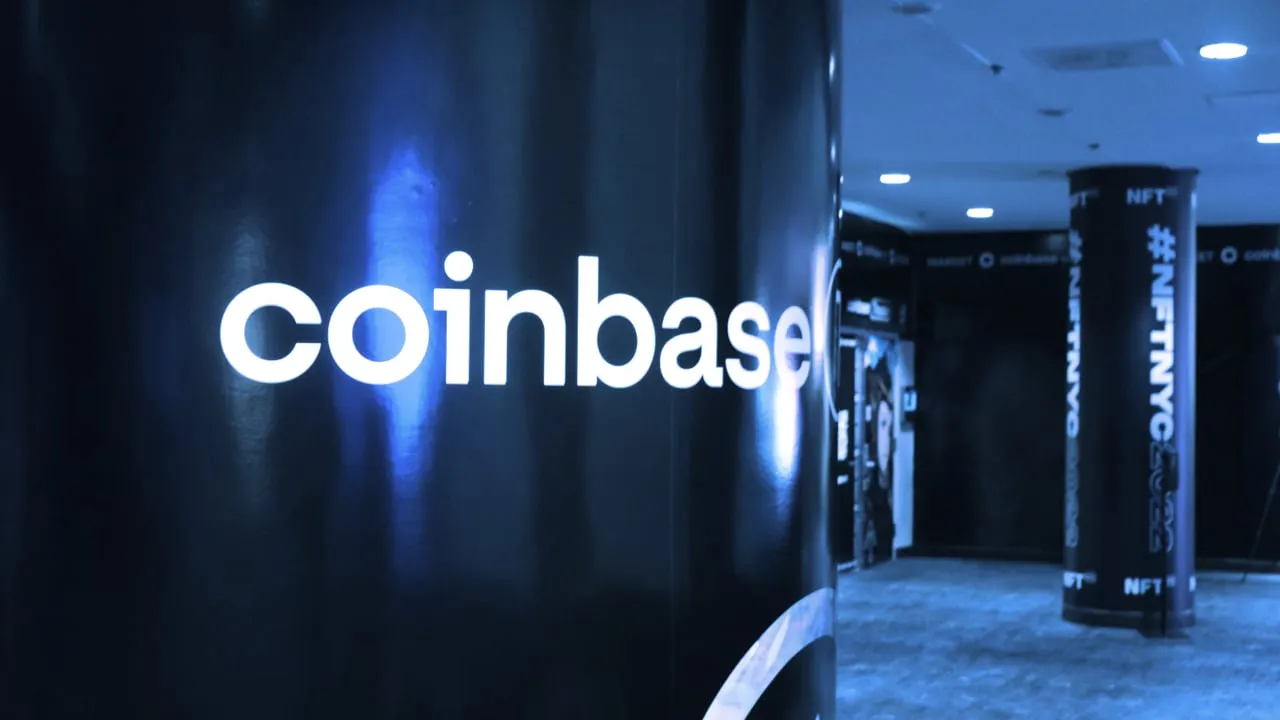America’s largest cryptocurrency exchange, Coinbase, is putting its weight behind Grayscale—the world’s largest Bitcoin fund—in its legal battle with the Securities and Exchange Commission (SEC).
Grayscale is suing the federal regulator over its refusal to approve the company’s application, or any other, for a Bitcoin ETF. The fund claims the SEC is “failing to apply consistent treatment to similar investment vehicles,” as evidenced by the Commission’s willingness to approve multiple Bitcoin futures ETFs, but refusal to allow spot market ETFs to go forward.
Coinbase’s amici curiae brief, filed with the U.S. Court of Appeals for the District of Columbia on Tuesday, levied the same argument.
“Both spot and future [exchange-traded products], whether tied to Bitcoin or other commodities like gold, platinum, or palladium, create the same investment exposure for investors,” argued the exchange. “Both products are designed to track the price of the underlying commodity, Bitcoin.”
An ETF is an investment vehicle that allows buyers to gain exposure to an asset without the need to purchase and hold the underlying asset itself. A Bitcoin ETF, for example, would allow investors to indirectly invest in Bitcoin without buying the cryptocurrency through an exchange and storing it in a digital wallet.
Both futures and spot market ETFs essentially achieve the same goal, but through different means. Whereas a futures ETF tracks the price of derivative contracts—which themselves allow traders to bet on the future price of Bitcoin—a spot market ETF would back its shares directly with Bitcoin.
The futures market is also regulated by the CFTC. SEC Chair Gary Gensler has in the past implied that he believes this may make these markets safer for ordinary investors. The Bitcoin spot market, the buying and selling of physical BTC, is not regulated.
In its brief, however, Coinbase claimed that restricting Bitcoin spot ETFs from reaching the market “unjustifiably limits investor choice,” and further argued that the SEC is “engaging in an arbitrary and capricious practice of picking winners and losers among investment products.”
Multiple crypto-centric non-profits were also represented as amici curiae in the brief, including, the Blockchain Association, the Chamber of Digital Commerce, Chamber of Progress, and Coin Center.
Having denied multiple Bitcoin spot ETF proposals from different parties, the SEC’s reasoning remains the same: ETF providers must form a “surveillance sharing agreement” with a “regulated market of significant size” related to the underlying Bitcoin being tracked, as a measure against potential market manipulation.
Before being denied in June, Grayscale’s application argued that it could use the CME Bitcoin futures market as a source of market manipulation data. However, the commission claimed that this market, while regulated, was not adequately related to “spot Bitcoin.”
Multiple other countries have already approved Bitcoin spot ETF products, including Canada, Australia, Germany, and Brazil. According to Coinbase, the SEC’s refusal to do the same is driving U.S. investors to those markets and other trading venues that are not within the Commission’s purview.

